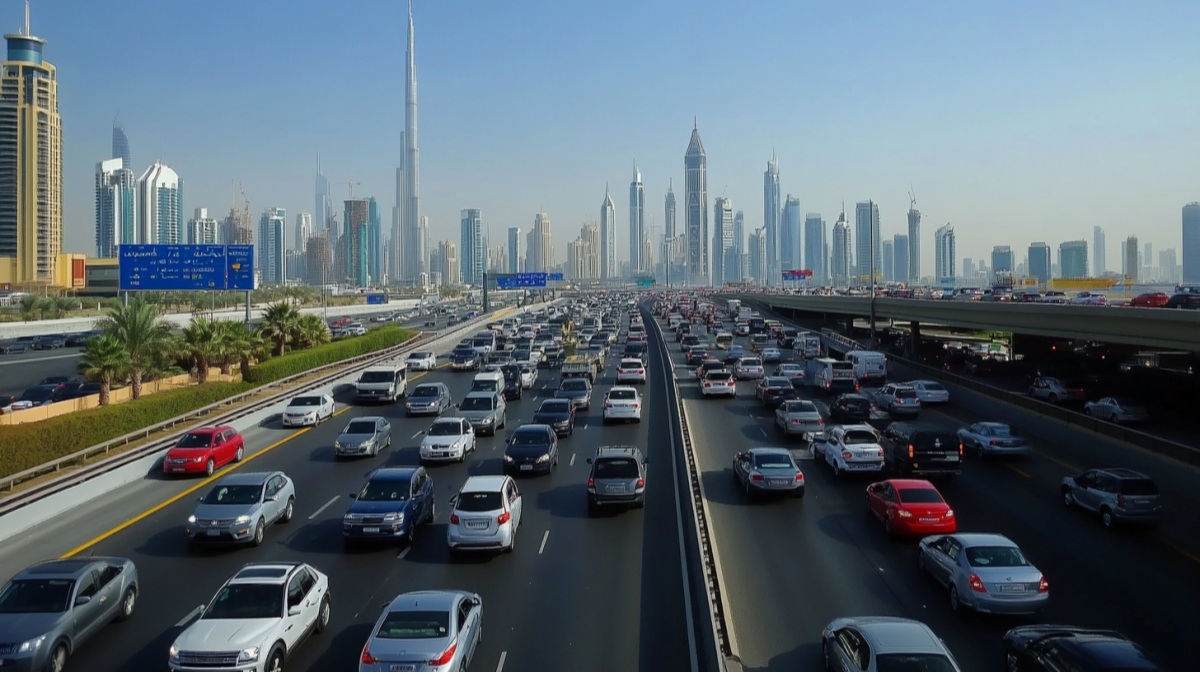Flexible working hours and remote-work policies have the potential to ease peak traffic congestion on Dubai’s roads by 30 per cent, according to a The National report citing two recent surveys conducted by the Roads and Transport Authority (RTA) and the Dubai Government Human Resources Department (DGHR).
The research assessed the impact of a two-hour flexible start window and the implementation of remote working for four to five days a month across both public and private sectors. Results indicated a significant reduction in morning traffic, with Sheikh Zayed Road seeing a potential decrease of 9.8 per cent and Al Khail Road showing an 8.4 per cent reduction if 20 per cent of employees worked remotely. Flexible hours alone could cut traffic by 5.7 per cent on Sheikh Zayed Road and 5 per cent on Al Khail Road.
The findings stemmed from surveys involving 644 companies employing over 320,000 individuals and feedback from 12,000 private-sector employees. The data revealed that 32 per cent of private firms already have remote work policies, while 58 per cent expressed readiness to expand them. Flexible working hours are currently in place for 31 per cent of companies, with 66 per cent of non-adopters showing potential interest in implementing such measures.
Sheikh Hamdan bin Mohammed, Crown Prince of Dubai, approved the Traffic Flow Plan as part of an initiative to enhance productivity and quality of life, urging both sectors to embrace flexible work options. Abdullah Al Falasi, DGHR director general, highlighted that remote work, part of the emirate’s corporate culture since 2020, is now offered by 80 per cent of government entities for up to two days per week. The survey noted that 87 per cent of government employees found flexible hours aligned with their personal needs, while 89.4 per cent saw improved productivity.
Mattar Al Tayer, commissioner general for Infrastructure, Urban Planning, and Well-Being, underscored the sustainable transport benefits, with flexible schedules allowing employees to start work between 6.30am and 8.30am, reducing peak-hour strain and smoothing commutes.






